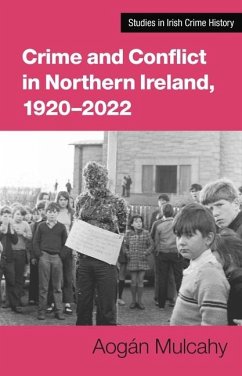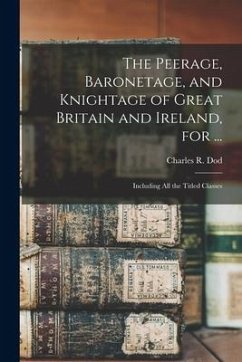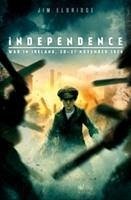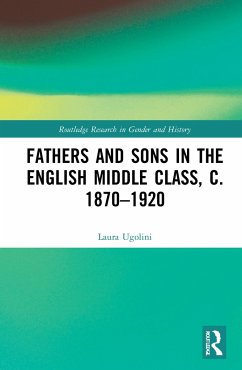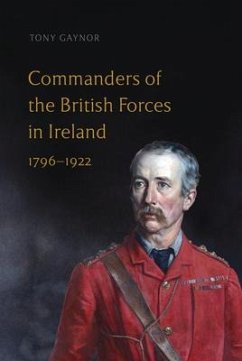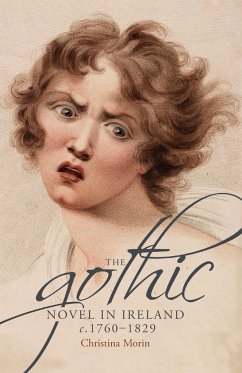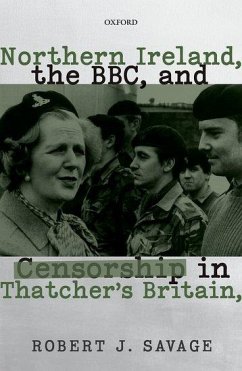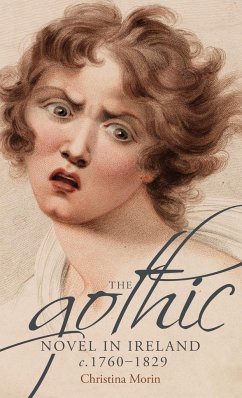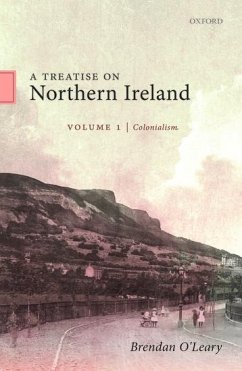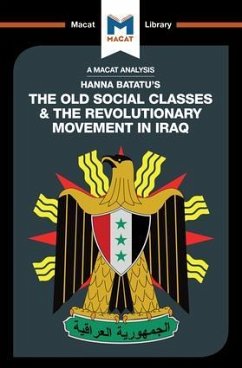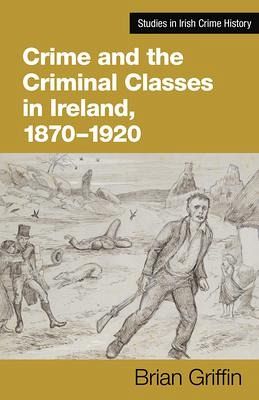
Crime and the Criminal Classes in Ireland, 1870-1920
Versandkostenfrei!
Versandfertig in über 4 Wochen
19,99 €
inkl. MwSt.

PAYBACK Punkte
10 °P sammeln!
This book is the first to provide an in-depth discussion of crime in Ireland from 1870 to 1920. It looks afresh at the topic of crime in the 1870-1920 period, examining agrarian offences as one part of a more general study of lawbreaking by 'ordinary' Irish people and those whom the police categorised as Ireland's 'criminal classes'.



